Dergi Kurulları
Baş Editör

Tarım Makineleri
Yönetici Editör
Doç. Dr.
Ali Yavuz ŞEFLEK
SELÇUK ÜNİVERSİTESİ, ZİRAAT FAKÜLTESİ, TARIM MAKİNELERİ VE TEKNOLOJİLERİ MÜHENDİSLİĞİ BÖLÜMÜ










Tarım Makine Sistemleri, Tarım Makineleri
Alan Editörleri
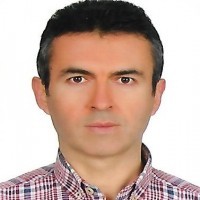
Kanatlı Hayvan Yetiştirme ve Islahı

Bahçe Bitkileri Yetiştirme ve Islahı, Meyve Yetiştirme ve Islahı, Tarımsal Biyoteknoloji

Tarım Makineleri

Tarımda Enzim ve Mikrobiyal Biyoteknoloji, Toprak Bilimi ve Ekolojisi, Toprak Biyolojisi, Toprak Mikrobiyolojisi
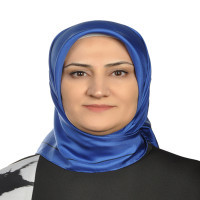
Tarım Ekonomisi, Tarım İşletmeciliği, Tarım Arazisi Yönetimi
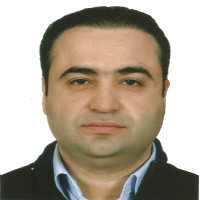
Fitopatoloji, Tarımda Bitki Virolojisi
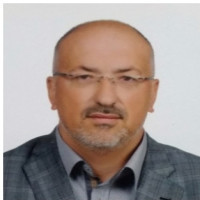
Sulama Sistemleri, Ziraat, Veterinerlik ve Gıda Bilimleri

Gıda Mühendisliği, Fermantasyon Teknolojisi, Gıda Güvenliği, İzlenebilirliği, Sertifikasyonu ve Özgünlüğü, Gıda Mikrobiyolojisi, Temel Gıda İşlemleri
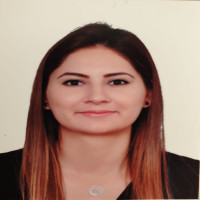
Tarım Makine Sistemleri, Tarım Makineleri, Ziraat Mühendisliği (Diğer)

Mühendislik, Yağ Teknolojisi, Tarımda Bitki Biyokimyası ve Fizyolojisi, Tıbbi ve Aromatik Bitkiler
Bitki Hücresi ve Moleküler Biyoloji

Ziraat, Veterinerlik ve Gıda Bilimleri
Zootekni, Genetik ve Biyoistatistik
Gıda Teknolojileri, Gıda Bilimleri (Diğer)
Dil Belgeleme ve Açıklama, Endüstri Bitkileri
Entomoloji, Bitki Koruma (Diğer)

Tahıllar ve Yemeklik Tane Baklagiller, Tarımda Bitki Islahı
Kanatlı Hayvan Yetiştirme ve Islahı, Zootekni, Genetik ve Biyoistatistik
Tarım Makine Sistemleri
Gıda Ambalajlama, Saklama ve İşleme
Bahçe Bitkileri Yetiştirme ve Islahı (Diğer)
Bilgi Güvenliği Yönetimi

Besinlerin Tarımsal Yönetimi, Organik Tarım , Bitki Besleme ve Toprak Verimliliği, Toprak Bilimi ve Ekolojisi, Toprak Fiziği, Toprak Kimyası ve Toprak Karbon Ayrıma (Karbon Ayırma Bilimi hariç), Toprak ve Su Kaynaklarının Korunması ve Islahı

Bitki Biyokimyası, Bitki Bilimi (Diğer)
Mikoloji, Bitki Koruma (Diğer)
Gıda Biyoteknolojisi
Bitki Koruma (Diğer)
Dış Editörler
Hassas Tarım Teknolojileri, Tarım Makine Sistemleri, Ziraat Mühendisliği (Diğer)

Agronomi, Endüstri Bitkileri, Organik Tarım , Tıbbi ve Aromatik Bitkiler, Tarla Bitkileri Yetiştirme ve Islahı (Diğer)
Makine Öğrenmesi Algoritmaları, Makine Öğrenme (Diğer), Akıllı Robotik, Mekatronik Mühendisliği, Tarım Makineleri
Selcuk Journal of Agriculture and Food Sciences Creative Commons Atıf-GayriTicari 4.0 Uluslararası Lisansı (CC BY NC) ile lisanslanmıştır.

